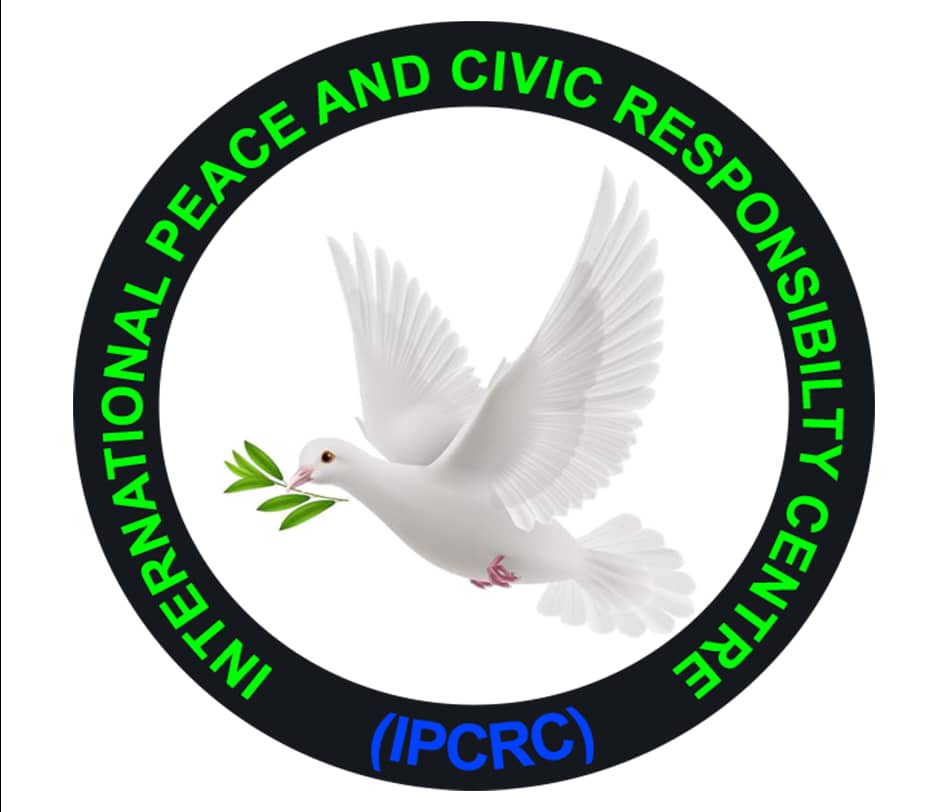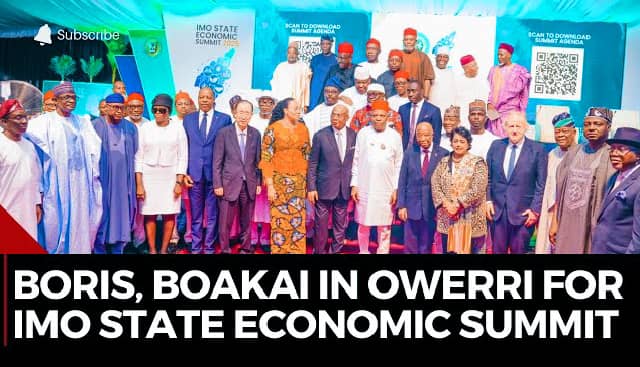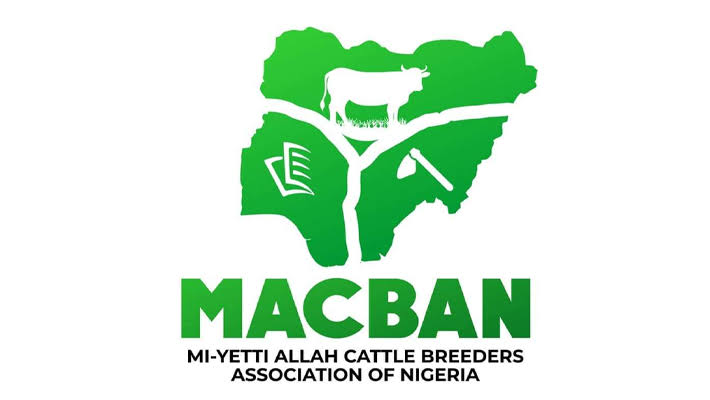Prince Chris Azor
In a season marked by economic despair and widespread hunger, it is disheartening, if not infuriating that the federal government has failed to uphold its most basic responsibility; the welfare of its citizens.
The recent revelation by the International Monetary Fund (IMF) that over ₦700 billion in monthly fuel subsidy savings remains unrecovered from the Nigerian National Petroleum Company Limited (NNPCL) has once again exposed the glaring opacity and deepening trust deficit that characterizes government business.
The promise made to Nigerians at the time of fuel subsidy removal was clear: savings from the policy shift would be channeled into critical social protection programmes to cushion the poor, reduce poverty, and drive inclusive development.
Today, that promise rings hollow. Despite removal of the subsidy since 2023, the savings have yet to reach the people who need them to ameliorate their economic sufferings. Instead, they remain stuck in murky, unaccounted-for corporate pipelines while millions of Nigerians face empty markets, unaffordable food, transportation costs and dwindling hope.
The IMF’s 2025 Article IV Consultation Report states unequivocally that these subsidy savings, equivalent to nearly 2% of Nigeria’s GDP do not reflect in the federal budget. This is scandalous, and signals not just a failure in fiscal discipline, but a betrayal of social justice.
While government often urges suffering citizens to endure the pains of reform, government officials continue to fund bloated personal expenses, luxury travels, and non-essential projects; insulting the suffering masses with every extravagant convoy, hedonistic profligacy and intimidating opulence.
Meanwhile, the government’s flagship, social investment like cash transfer initiative, designed to reach 15 million vulnerable households, remains largely symbolic. Fewer than 5 million households have reportedly received any support, and even these payments are riddled with delays, inconsistencies, and an almost complete absence of transparency. For the majority of Nigerians, government promises have become echo chambers of disappointment.
FG’s moral failure
This is not just a policy misstep, it is a moral failure. The current administration’s inability to translate fiscal reforms into real, tangible relief for the people is fast eroding whatever credibility it once claimed.
A government that cannot account for public funds, that prioritizes lavish personal comforts over the survival of its citizens, and that fails to deliver even the most basic safety nets during a time of national crisis, is not working in the interest of the people.
As a concerned citizen and social justice advocate, I call for urgent and decisive action. The federal government must recover all withheld subsidy savings from the NNPCL and redirect them transparently into well-structured, efficiently monitored social protection programmes.
There must be public disclosure of monthly subsidy remittances, an independent audit of the cash transfer scheme, and strong civil society participation in monitoring fund deployment and impact.
Nigerians have endured enough. Social protection is not a favour, it is a constitutional and moral obligation. The continued failure to deliver on this front, amid visible government excesses, is a dangerous affront to the social contract.
If reform is to mean anything, it must begin with accountability, equity, and an unwavering commitment to the welfare of the people. Anything less is not reform, but repression.
Prince Chris Azor is a Citizen advocate, and President, International Peace and Civic Responsibility Centre(IPCRC)
08032102294 (SMS only)





